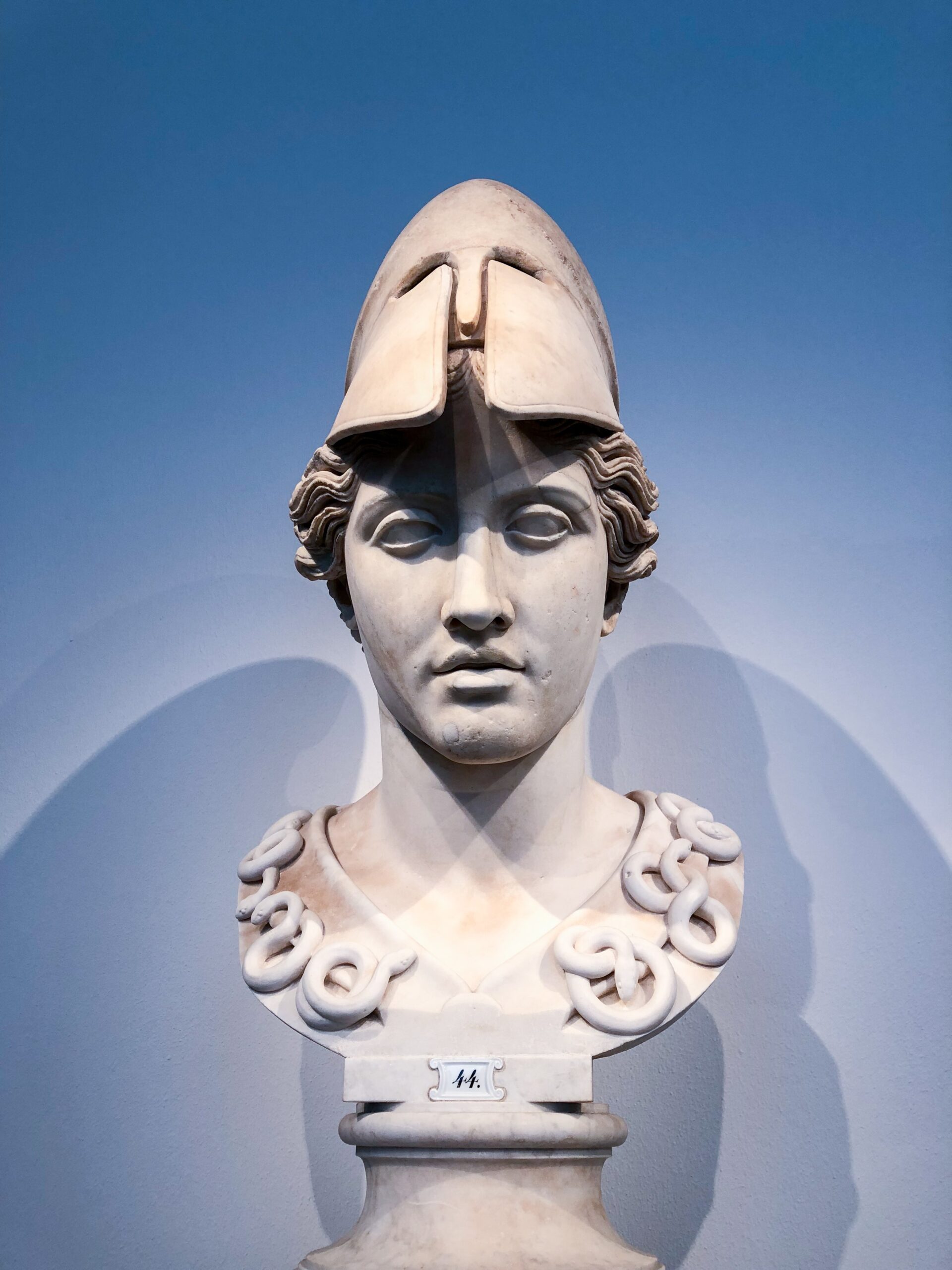
When you go camping, you don’t want to be missing gear or tools when you’re out in the wilderness. The last thing you want is to realize you forgot the sleeping bag (which I have done! But I blame my brother! But that is another story…). Or forgot a can opener to cook dinner (which hasn’t happened to me…yet).
This applies to leadership. There are a lot of theories and courses and books and YouTube videos on leadership. Maybe too much content to consume and make sense. But you need a set of tools to help you on your leadership journey.
This series will introduce a set of tools to help you navigate through the wilderness of leadership, work out what to learn, and how to apply and practice it to lead your team to bigger and better things.
The first tool in your toolkit is…
Check The Ego
The ego has been the downfall of many leaders. Examples of leaders that succumb to the ego are Alexander the Great, George Patton, and Vladimir Putin. The ego can blind you and lead you down the wrong path.
You think that you’re right and everyone is wrong. That you’re the smartest person in the room. This is the right solution and there is no other way. All these blind and skews your view of reality. It blocks you from finding a way forward.
Ryan Holiday has an exceptional book “Ego Is the Enemy”. I highly recommend it. Not just to read it but to study it, practice it and embed it in your life.
The two techniques that stood out for me are:
Have the attitude of the learner.
To be a learner requires you to leave your ego at the door. There is no way you can learn if you know everything. It makes you humble and open to new ideas. This applies to when you''re starting out or established in your career.
How to be a learner?
- Be open to ideas and different viewpoints. But don’t accept them readily, even yours.
- Be curious. Question things, challenge assumptions and think about the answers you’re given.
- Create a personal learning curriculum. Look for new knowledge that you can apply. Practice daily. Receive and apply feedback.
Practice self-control.
This requires a level of self-awareness and self-mastery. Self-awareness requires you to be present and aware of your thoughts and behaviors. This allows you to understand your habits and behaviors and the impact it has on yourself and others.
Self-mastery is the practice of managing your emotions and actions. By being aware, you create a space to decide how you want to act and the meaning you give to your emotion.
Now self-control is easier said than done. How do you practice self-control? With a lot of work. It takes awareness and daily practice.
(I never said these things will be easy!)
My practice has two main components:
Meditation: I try to meditate daily and have mindful breaks throughout the day. Meditation helps to create a space in your mind, a space between stimulus and reaction. A space to be self-aware. It takes a lot of time. I found the headspace app a good place to start if you’re new to it.
Journal writing: This helps to crystalize your thoughts, make sense of your life and reflect back on your day and how you performed. Do it once a day to start and see how you go. If you’re not sure what to journal. Below are some prompts.
- What did I accomplish today?
- What contribution did I make?
- What went well?
- What can be improved?
- What did I learn?
- What am I grateful for?
First Tool in the Kit
This is the first tool in your bag. Practice it so you can wield it when you need to. And use it wisely.
This set of tools doesn’t replace the leadership theory out there. I believe these tools will help you learn the theory and put it into practice.
Drop me a note if you have any questions or any thoughts on this.